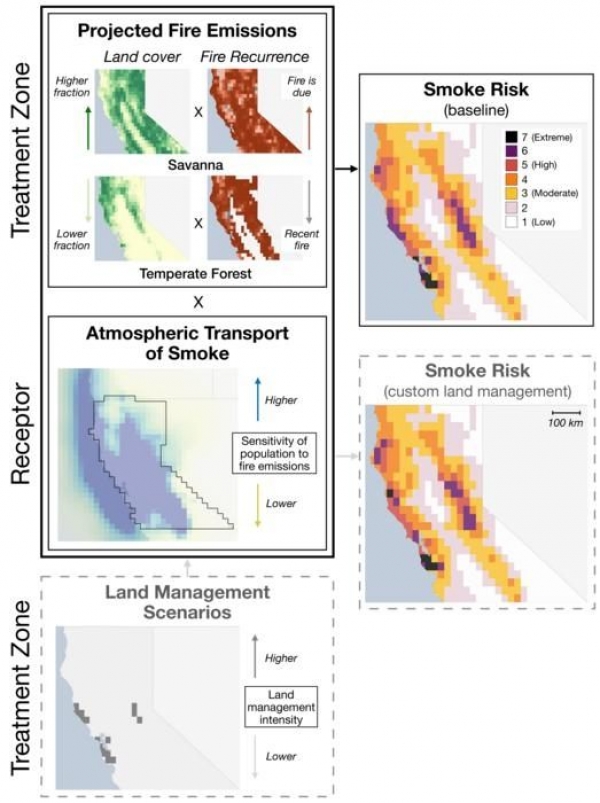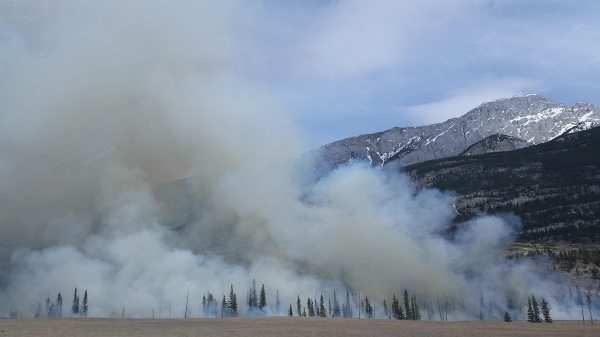Dr Katrin Schmidt is among the authors of a study which reveals for the first time that zooplankton migration contributes significantly to carbon sequestration.
articles
New AI-Supported, High-Resolution Chesapeake Bay Watershed Stream Maps Reveal Additional Waterways and Will Help Prioritize Restoration Projects
A dataset unveiled today more than doubles the documented stream miles in the Chesapeake Bay Watershed, elevating the total from approximately 100,000 to over 200,000 miles.
Neurons Burn Sugar Differently. The Discovery Could Save the Brain.
In addition to a new approach in Alzheimer’s research, study from Buck Institute could explain why GLP-1 drugs show promise against dementia.
Where There’s Fire, There’s Smoke
New app estimates health impacts of breathing smoke from wildfires.
Fire Smoke Exposure May Alter the Immune System, Even in Healthy Individuals
Exposure to fire smoke—which can be composed of particulate matter, gases, materials from buildings such as perfluoroalkyl and polyfluoroalkyl substances (PFAS), toxic metals, and carcinogenic compounds—may alter the immune system on a cellular level, according to a new study led by researchers at Harvard T.H. Chan School of Public Health.
Meteorological Satellites Observe Temperatures on Venus
Imaging data from Japan’s Himawari-8 and -9 meteorological satellites have been successfully used to monitor temporal changes in Venus’ cloud-top temperature, revealing unseen patterns in the temperature structure of various waves.









